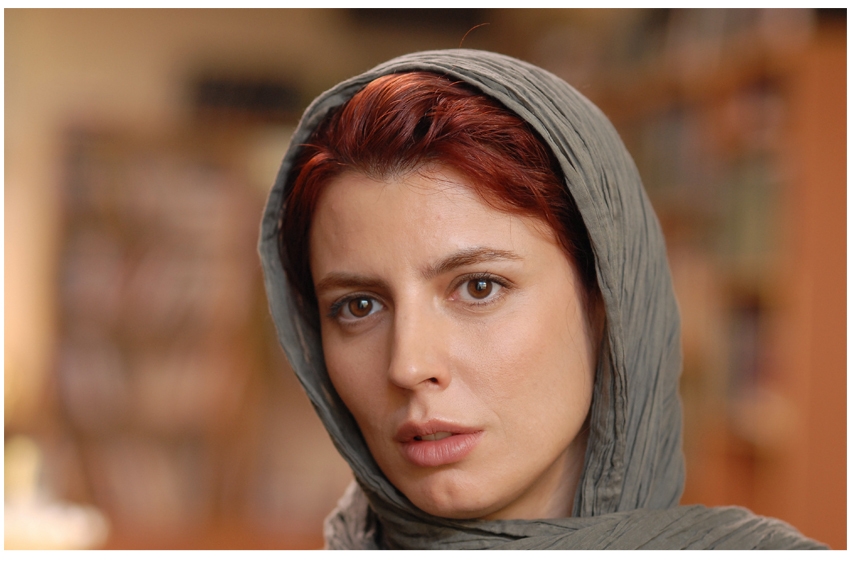This week A Separation, Asghar Farhadi’s deceptively simple domestic drama, added the Oscar for Best Foreign Language film to its trophy case. Its success abroad has been attributed largely to its universally recognisable premise; unlike much Iranian cinema, Farhadi’s film feels modern, offering an intimate snapshot of social divisions in present-day Tehran. Most Western audiences will spend the first five minutes, in which we see a husband and wife asking a judge for a divorce, marvelling at just how like us these people seem.
The film’s style feels familiar, too. As in Ingmar Bergman’s Scenes from a Marriage (which Farhadi openly admits to imitating), the camera is close-up, inquisitive rather than didactic. Morality, even the truth, seems to be subjective here.
But although its surface impartiality helped the film get past officious censors, underneath is a more complex picture. Simin (above) wants to leave the country because she is afraid of raising their daughter ‘in these circumstances’. When probed she wisely falls silent. Though mentioned only fleetingly, this ominous reference is the basis for the entire film.
It is actually amazing that A Separation ever reached us at all. Production was banned briefly after Farhadi publicly supported opposition filmmakers, the ban lifted only once he had apologised.
Perhaps, in the end, we are drawn to A Separation (now out on DVD) not because of its similarities to our own culture, but because Iran’s differences are presented to us in surroundings we recognise — and are all the more unpalatable for it.






Comments